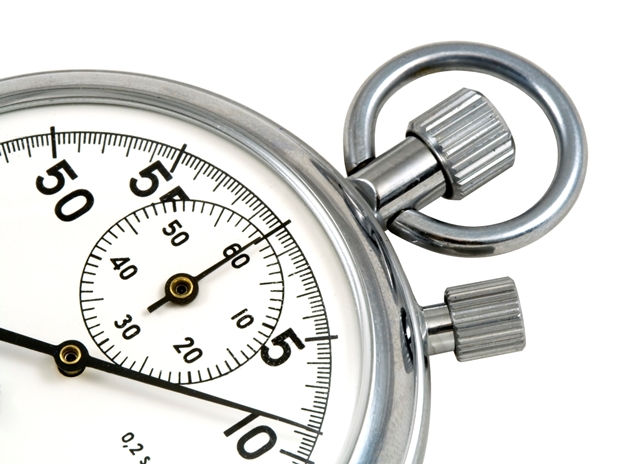Stroke is a deadly serious topic and one none of us can afford to ignore. It is an unquestionable medical emergency.
A stroke ““ also known as a brain attack ““ takes place when blood to the brain is suddenly interrupted or when a blood vessel in the brain ruptures and blood is spilled into the areas surrounding brain cells. When brain cells are unable to receive oxygen and nutrients from the blood, they die.
Many people may not realize that stroke ranks as the fourth leading killer in the United States, according to the National Institute of Neurological Disorders and Stroke (NINDS). Furthermore, about 25 percent of people who recover from a first stroke will suffer another within five years.
“A stroke can be devastating to individuals and their families, robbing them of their independence,” NINDS states. “Each year, approximately 795,000 Americans have a stroke, with about 160,000 dying from stroke-related causes.”
There are two types of stroke. The most common is the ischemic stroke; it is caused by a blood clot that blocks a blood vessel in the brain. The second type is a hemorrhagic stroke; it is caused by a blood vessel that bursts then bleeds into the brain. There also are transient ischemic attacks (TIAs or mini-strokes), which happen when the blood supply to the brain is briefly interrupted.
Symptoms of a stroke include sudden:
- weakness or numbness, especially on one side of the body
- confusion
- trouble speaking or understanding speech
- difficulty seeing
- trouble walking
- dizziness, being off-balance or losing coordination
- severe headache, with no known cause
And even though stroke is a disease of the brain, it’s very important to remember that it can affect the entire body.
According to the American Academy of Neurology, a prevalent disability that results from stroke is paralysis on one side of the body ““ called hemiplegia. A related disability is weakness on one side of the body ““ known as hemiparesis. In addition, stroke can cause difficulties in awareness, learning, judgment and memory.
Other challenges facing stroke survivors are:
- problems understanding or forming speech
- emotional difficulties
- depression
- numbness/strange sensations
If you or someone you know has any of the stroke symptoms, it’s critically important to get to a hospital for immediate treatment. Every second counts, seriously. Call 911 or emergency responders. Do not attempt to make a doctor’s appointment, drive to the hospital or wait to see if additional symptoms occur.

